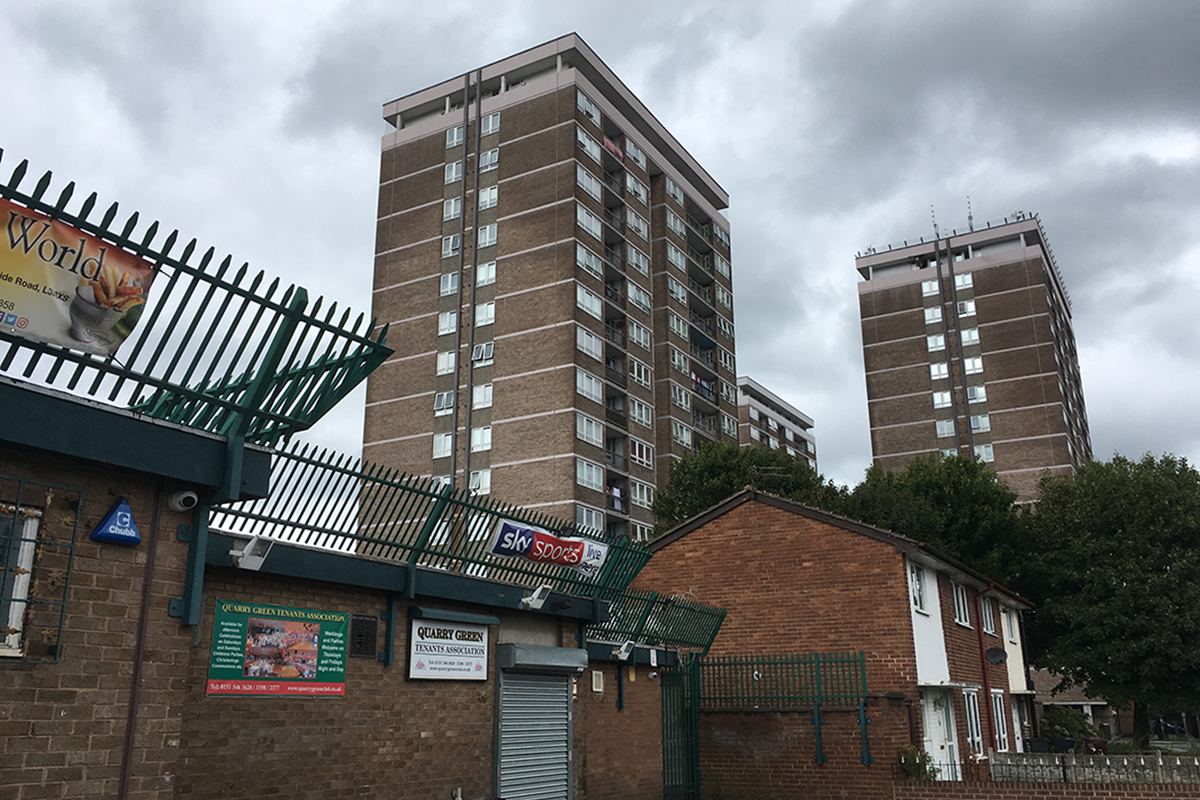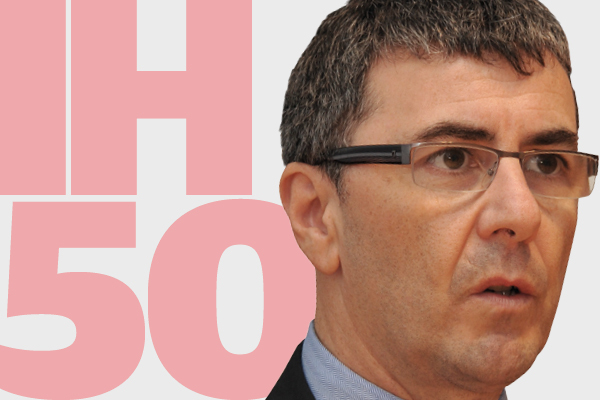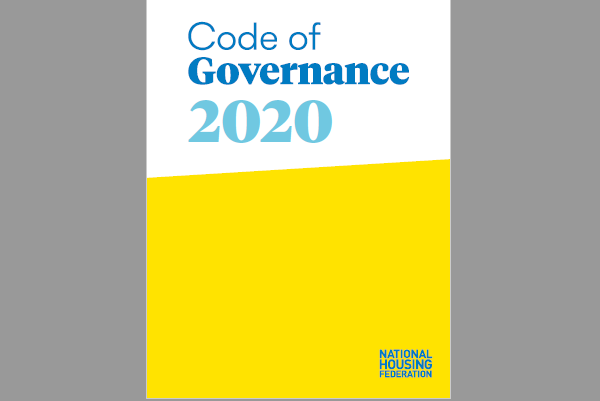You are viewing 1 of your 1 free articles
The KonMari method helps us clean our homes – but it has an important message for governance as well
After Knowsley Housing Trust was ‘G3-ed’ by the Regulator of Social Housing, Helen White reflects on her lessons learned and why a philosophy about cleaning out the home can help improve the sector’s governance
Board members spend a lot of time trying to ask the right questions.
Anyone who has been on governance or board training will tell you that questions should be constructive, challenging and probing, but heaven forbid they should lead to you becoming ‘operationally focused’ and stand accused of meddling.
This leaves board members stuck between a rock and a hard place, walking a tightrope of being accused of being too operational, too strategic, too involved, too distant.
But don’t forget that you are still ultimately responsible and challenged to have an iron grip on all risks.
So just how do we get the right balance between ‘tell me’ and ‘show me’?
How do we make sure that the sum of the parts is greater than the whole? That a ‘great on paper’ board translates to being brilliant in practice and holds the organisation effectively to account for the services and homes delivered to tenants?
Online pen portraits can make board members sound like amazing, talented individuals – and I don’t doubt that they often are – but things can still go wrong.
So, I’ve decided to go elsewhere for inspiration. I’m jumping on the KonMari method bandwagon. What can Queen of Clean Marie Kondo teach boards about how to make sure housing associations are delivering safe, high-quality homes?
Ms Kondo’s first challenge is: does it spark joy? Do the services you deliver spark joy for the tenants on the receiving end of them? Does the thought of attending the board meeting spark joy or a sense of dread that you’ll be facing the same ‘brick walls’ and frustrations?
Do some of your board members need a tap to wake them up? Ms Kondo likes to tap books to ‘wake them up’ before determining if they spark joy.
Sparking joy doesn’t mean always being jolly. For me it means being resilient and positive, and having an ability to constructively challenge executives and add value and depth to the debate.
Keep the ones that spark joy, and thank and wave off the ones that do not!
“Sparking joy doesn’t mean always being jolly, for me it means being resilient, positive, and having an ability to constructively challenge executives and add value and depth to the debate”
Ms Kondo suggests that we organise by category, not room. Again, great advice for boards.
We need to look holistically at the whole business and not allow things to slip between complex group structures.
Can you articulate your business model on one page? And I mean one page of A4, not A1! Don’t let mission creep lead to an ‘over-egged’ pudding that requires a PhD to understand.
So why have I decided to look for a radically different way of thinking about the challenge of being a good board?
Well, having been through, and come out the other side, of a G3-ing, I cannot stress enough just how horrid the whole situation was. The organisation concerned is now moving forward positively, but for me not learning and sharing the lessons would be as bad as finding ourselves in the situation in the first place.
Personally, I found it incredibly hard to find out I was chair of an organisation that had put tenants at risk of harm.
It felt unforgivable and it took a massive toll on my mental health.
When I asked for support I was given a phone number to ring, and the kind-voiced lady ran through a questionnaire with me only to tell me I was too anxious to be given support by their organisation!
This is when Ms Kondo’s advice, which I’d previously sought when decluttering my home, started to make sense at board level.
When feeling overwhelmed she suggests doing something to purify the air and not to underestimate the physical and emotional impact of trying to tidy stuff up.
“Personally, I found it incredibly hard to find out I was chair of an organisation that had put tenants at risk of harm. It felt unforgivable and it took a massive toll on my mental health”
Up to that point, I hadn’t realised the huge emotional impact ongoing regulatory and governance challenges were having on me.
As a chair, being G3-ed (yes, I’ve made it a verb) is awful – it’s terrifying and painful.
We join boards because we want to make things better, not worse!
But having been there, I hope to stand as living proof that you can work through the challenges.
You have to be brave; lift up the floorboards and focus on tackling the cause of the problem, not just the symptoms.
Ms Kondo suggests that you look very closely at just what it is you want to take forward into the future.
Some have suggested that as a G3-ed chair, I’m damaged goods. I disagree.
Author Neil Gaiman tells us to “wear failure as a badge of pride”.
I’m not quite there yet, but I am clear that I have learned more in the past two years than I did in the previous 20.
I have knowledge and insight that is being used to help other organisations.
I have developed greater personal resilience and greater empathy with the boards I work with in my role as chair of the Regulatory Board for Wales.
I get the challenge and difficulty of getting it right – strategically and operationally.
Speaking up publicly about it is painful, but necessary, and hopefully sends a clear message that I wouldn’t expect anyone to do anything I’m not prepared to do myself.
I can also console myself that the £8 I spent on Ms Kondo’s book wasn’t a total waste, as my house is still a tip!
Helen White, chair, Regulatory Board for Wales













